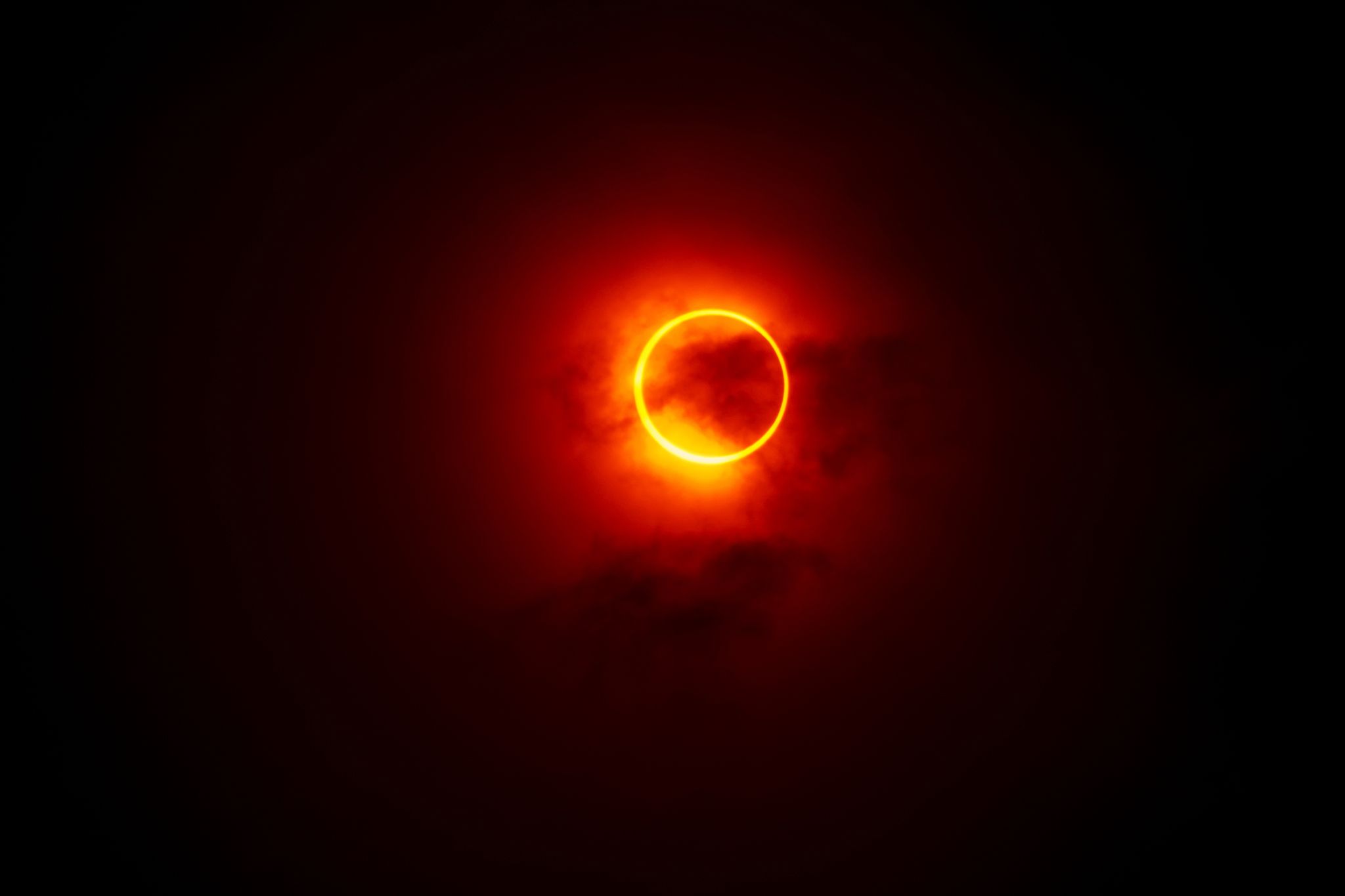
Ontario to witness ultra-rare total solar eclipse in 2024
A rare total solar eclipse will darken the midday skies over North America in April 2024, offering a once-in-a-lifetime chance to witness a breathtaking celestial event right here in Ontario.
On April 8, 2024, a total solar eclipse will cross North American skies when the Moon passes between the Sun and Earth, blocking out the face of the Sun and creating conditions that feel like dusk or dawn in the middle of the day.
According to NASA, solar eclipses occur approximately two to four times per year, though chances to witness these events are much rarer. The U.S. space agency says that the area of ground covered by total solar eclipses is only about 80 kilometres wide, and specific areas may only see total blockage once every hundred years or so.
Luckily, the upcoming spring 2024 eclipse will smile on Canada's most populous region, with many Southern Ontario residents perfectly positioned to see the eclipse in totality when the Moon blocks out the Sun's rays at around 3:20 p.m. on April 8.
The area of total solar eclipse will pass over Port Dover, Fort Erie, Niagara Falls, Prince Edward County and Kingston over a 10 minute span.
— Moaz Ahmad (@yyzMYA) December 30, 2023
This will be around 3:20 pm to 3:30 pm but the eclipsing will begin around 2 pm.
Check this map for Hamilton: https://t.co/uMUUcwwG3h https://t.co/0065SjzDkh
While viewing conditions in Toronto will reach a near-total eclipse, other areas in the region, like Hamilton and Niagara Falls, will experience a true total eclipse.
Eclipse conditions expected at 3:19 p.m. on April 8, 2024. Image via eclipse2024.org
The last time a total eclipse darkened the province was February 26, 1979, when portions of Northern Ontario were briefly blacked out by the Moon's transit between the Sun and Earth.
Before you go racing to stare skyward or point your cameras at the eclipse, experts warn that it is not safe to look directly at the Sun without the use of eye protection designed for solar viewing.
NASA recommends amateur eclipse-watchers pick up widely available specialized "eclipse glasses" or use indirect methods like a pinhole projector to prevent damage to the eyes.
Latest Videos
Latest Videos
Join the conversation Load comments








